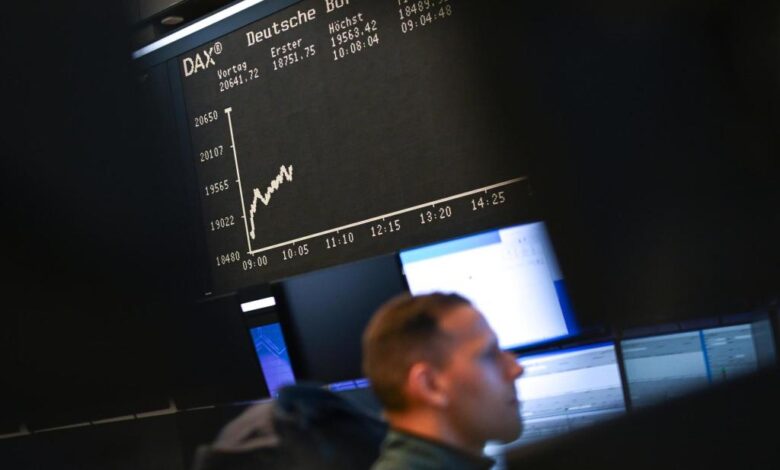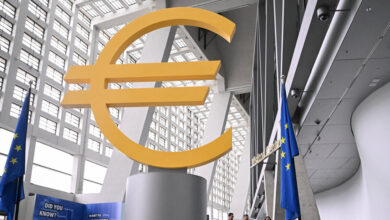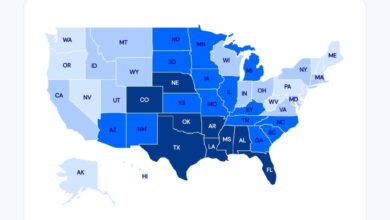Shocking swings hit Wall Street after its already shocking drops

U.S. Stocks Experience Wild Swings Amid False Rumor About Trump’s Trade War Plans
By STAN CHOE, ELAINE KURTENBACH, and DAVID McHUGH, AP Business Writers
NEW YORK (AP) — The U.S. stock market saw dramatic fluctuations on Monday, with indexes experiencing sharp declines, rapid surges, and subsequent drops as Wall Street reacted to a false rumor regarding President Donald Trump’s intentions for his trade war.
Following the opening bell, the S&P 500 initially plummeted 4.7% amidst global market concerns over the potential impact of Trump’s tariffs on the worldwide economy. However, the index quickly reversed course, surging 3.4% to what would have been its best performance in years. Just as swiftly, the index gave up those gains and hovered around flat levels in midday trading.
Other major U.S. stock indexes also underwent tumultuous trading sessions. The Dow Jones Industrial Average swung from a 1,700-point loss to a nearly 900-point gain before settling with a 272-point decline, or 0.7%, by 11 a.m. Eastern time. The Nasdaq composite was up 0.7%.
These erratic movements were triggered by a false rumor circulating on a White House account, dismissing claims that Trump was considering a 90-day tariff pause as “fake news.” The sharp fluctuations underscore the heightened uncertainty in financial markets regarding the future of Trump’s tariffs and their potential impact on the global economy.
Despite the volatility, some investors are optimistic that Trump may reconsider his tariff stance after negotiations with other nations. Trump himself indicated on Sunday that he had been in talks with leaders eager to strike a deal.
In his annual letter to shareholders, JPMorgan CEO Jamie Dimon warned that the recent tariffs could lead to increased inflation and heightened recession risks. The global financial turmoil extended beyond U.S. borders, with Hong Kong stocks suffering their worst day since 1997, and crude oil prices falling below $60 for the first time in years.
Trump’s tariffs represent a challenge to the interconnected global economy, disrupting established trade relationships and posing inflationary pressures. The Federal Reserve faces mounting pressure to navigate the economic fallout, although constraints such as higher inflation levels and limited policy flexibility complicate its ability to respond effectively.
The S&P 500’s proximity to a 20% decline from its recent peak signals a potential bear market, reflecting the severity of the current downturn. Market uncertainty and volatility are expected to persist as countries navigate the complexities of tariff negotiations and economic repercussions.
Originally Published:





